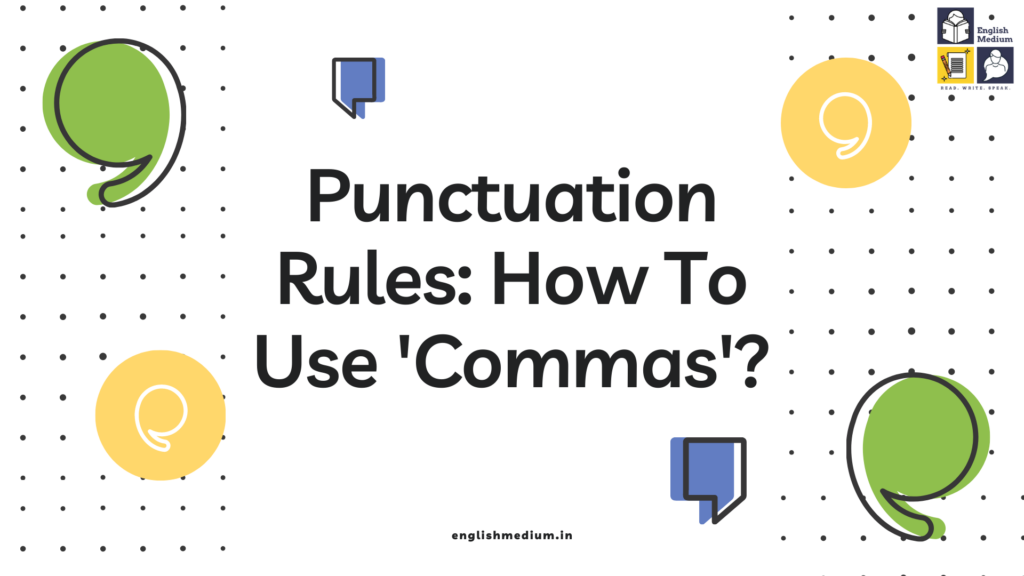Google Link Spam Update 2023

On July 26, 2021, Google announced its latest algorithm update, the Google Link Spam Update, which targets websites that use link spam to manipulate search rankings. Link spam refers to the practice of creating irrelevant or low-quality links to a website in order to improve its search engine rankings.
The update aims to improve the quality of search results and provide a better experience for users by penalizing websites that use link spam to manipulate search rankings. According to Google, the update will impact around 1% of search queries globally, which may seem small but can still have a significant impact on affected websites.
What is Link Spam?
It refers to the practice of creating low-quality or irrelevant links to a website with the goal of manipulating its search engine rankings. Link spam is a violation of Google’s Webmaster Guidelines and can lead to penalties and a drop in search engine rankings.
Link spam can take many forms, including:
- Paid Links: Paid links are links that are purchased from other websites with the aim of improving search engine rankings. Google considers paid links a violation of its guidelines, and sites that use them can be penalized.
- Link Schemes: Link schemes involve exchanging links with other websites or participating in link farms or other networks that exist solely to create links. These practices are also a violation of Google’s guidelines.
- Comment Spam: Comment spam involves leaving links to a website in the comments section of blogs or forums, often using automated software. Comment spam is considered a low-quality tactic and can be penalized by Google.
- Article Directories: Article directories are websites that allow users to submit articles with links back to their websites. These directories can be low-quality and often exist solely to create links.
What does the Link Spam Update Target?
The Google Link Spam Update targets websites that use link spam to manipulate search engine rankings. Specifically, the update targets websites that engage in the following practices:
- Buying or selling links that pass PageRank: Websites that buy or sell links with the aim of manipulating search engine rankings will be penalized.
- Using automated programs to create links: Websites that use automated programs or tools to create low-quality links will be penalized.
- Participating in link schemes or link networks: Websites that participate in link schemes or link networks that exist solely to create links will be penalized.
- Comment spam: Websites that engage in comment spam, leaving irrelevant or low-quality comments with links back to their site, will be penalized.
- Low-quality article directories: Websites that use low-quality article directories to create links will be penalized.
How will the Update Impact Websites?
The impact of the Google Link Spam Update will depend on the extent to which a website uses link spam to manipulate search rankings. Websites that engage in high levels of link spam are likely to see a significant drop in search engine rankings, while those that engage in lower levels of link spam may see a more minor impact.
Google has stated that the update is designed to target specific practices rather than entire websites. This means that if a website engages in some link spam practices but is otherwise a high-quality website, it may not be penalized as severely as a website that engages in multiple link spam practices.
What Should Website Owners Do?
If you are a website owner, it’s important to review your website’s backlink profile to ensure that it does not include any low-quality or irrelevant links. You can use tools like Google Search Console or third-party tools to review your backlinks and identify any links that may be considered link spam.
If you identify any links that are low-quality or irrelevant, you should take steps to remove them. This may involve contacting the website owner and requesting that the link be removed or disavowing the link in Google Search Console.
It’s also important to focus on creating high-quality content and building high-quality backlinks. High-quality content is content that is informative, engaging, and relevant to your target audience. By creating high-quality content, you can attract natural backlinks from other websites and improve your search engine rankings without resorting to link spam.
In addition to creating high-quality content, you should focus on building relationships with other bloggers and influencers in your industry. By building relationships, you can attract natural backlinks to your website and increase your online exposure. You can also contribute guest posts to high-authority websites or blogs, which can help you establish yourself as an expert in your field and attract new readers to your website.
Conclusion
The Google Link Spam Update is a reminder of the importance of high-quality backlinks and the risks associated with link spam. If you engage in link spam, you run the risk of being penalized by Google and seeing a drop in search engine rankings. To avoid being penalized, you should focus on creating high-quality content and building high-quality backlinks through natural means.
If you have engaged in link spam in the past, it’s important to review your backlink profile and take steps to remove any low-quality or irrelevant links. By doing so, you can improve the quality of your backlink profile and reduce the risk of being penalized by Google.
Ultimately, the key to success in SEO is to focus on creating high-quality content and building high-quality backlinks through natural means. By doing so, you can improve your search engine rankings, attract more traffic to your website, and establish yourself as an authority in your industry.


